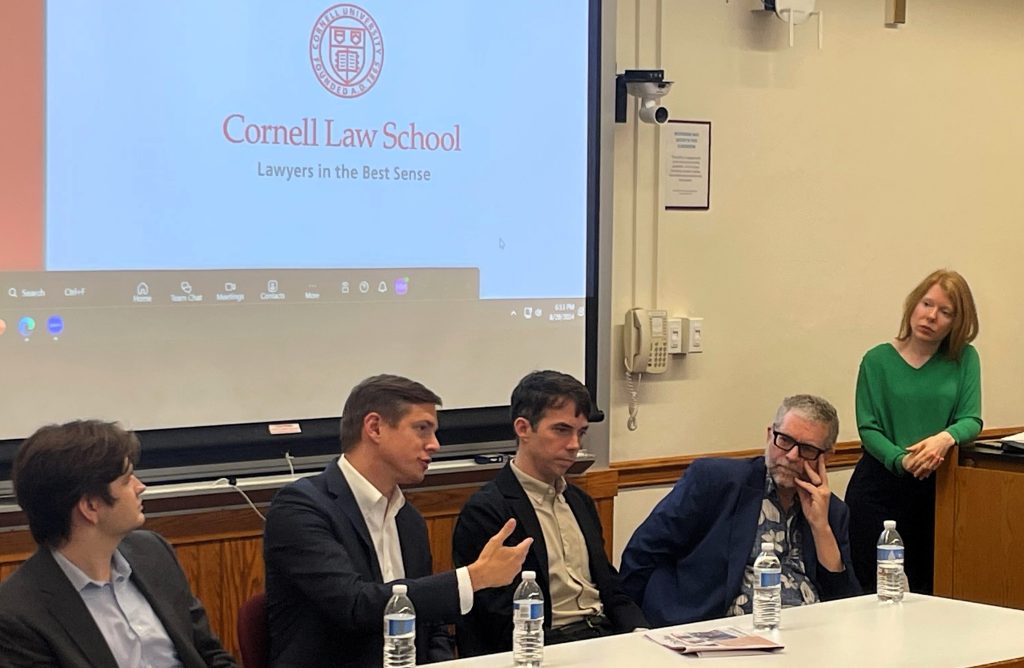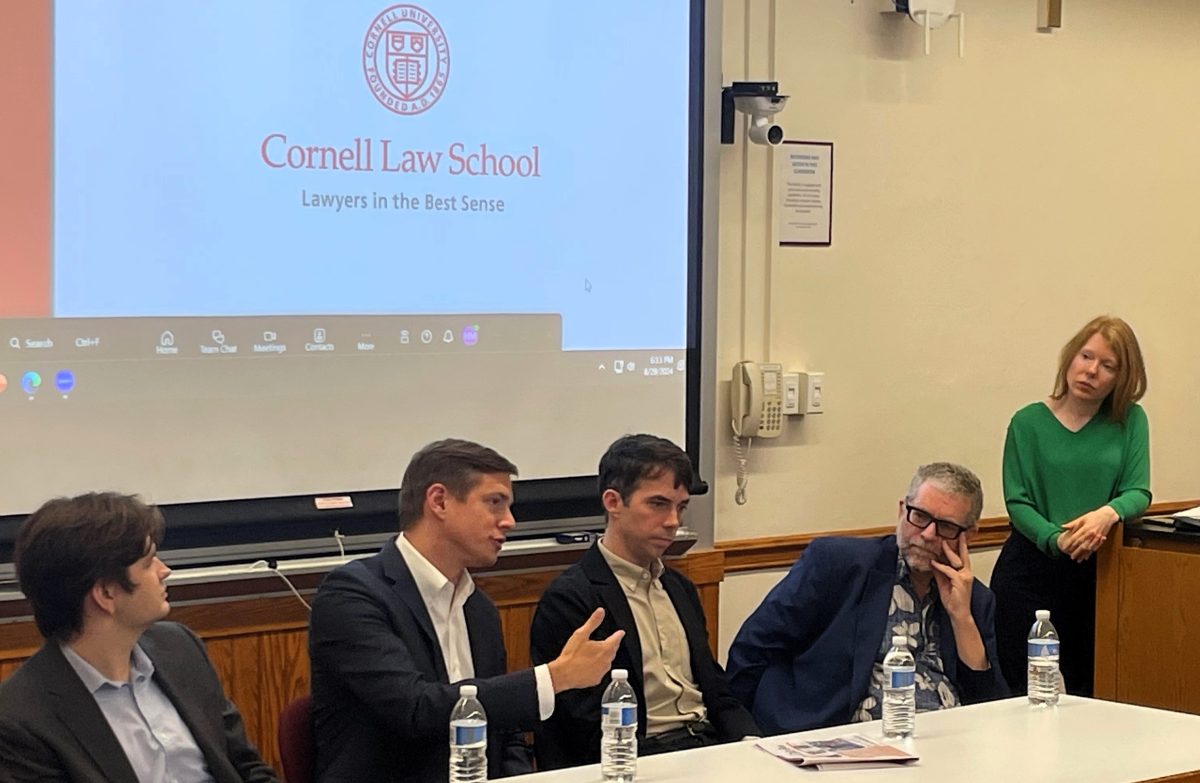
NEW YORK, N.Y. – Streetsblog NYC, represented by the Cornell Law School First Amendment Clinic, filed a groundbreaking lawsuit last week against the New York City Department of Transportation, alleging that DOT systematically violates the state’s Freedom of Information Law by forcing nearly everyone who seeks public records to wait six months before receiving any responsive documents.
The lawsuit asks the New York Supreme Court to issue an injunction directing DOT to end its practice of imposing uniform, half-year-long delays that prevent the public from finding out, in a timely way, what its government is up to.
The suit seeks to enforce the basic purpose behind FOIL — to promote an open and democratic government by giving everyone the right to request documents from state agencies. As long as requested documents do not fall into one of the law’s narrow exemptions, the agency is required to provide them — and it must do so in a timeframe that is reasonable under the circumstances of the individual request, typically within 20 days.
The lawsuit alleges that Streetsblog has filed dozens of FOIL requests with the department since 2021, and each one of them has faced a nearly identical, six-month delay. According to the complaint, Streetsblog requested a copy of the DOT Commissioner’s official calendar from a single day. DOT said it would take 187 days to respond. The complaint further alleges that Streetsblog requested DOT’s phone or email directory, and the agency again said it would take 187 days — and then it ended up missing its own deadline. In another instance, according to the complaint, Streetsblog asked for a copy of a single contract, which it identified by contract number. DOT said its response would take 182 days.
“By imposing a six-month blanket delay in response to every one of our client’s requests, DOT is obviously making no effort to determine what a reasonable response time would be for each request,” said Michael Linhorst, the Clinic’s Local Journalism Attorney. “They are regularly flouting the clear requirements of the law.”
Relying on public data, the complaint alleges that Streetsblog is not alone. According to the complaint, out of all the requests that DOT received between June 2021 and August 2024, the department gave itself an average of 182 days to respond. Almost every single request — more than 98 percent of them — was delayed by longer than 170 days.
“This case is important not just to Streetsblog but to scores of reporters around the city whose ability to inform the public depends on receiving timely information from government officials,” said Gersh Kuntzman, editor of Streetsblog. “By routinely delaying virtually every Freedom of Information Law request, the Adams administration effectively delays coverage of its actions so long that it becomes less newsworthy compared to whatever story of the day reporters are chasing.”
By filing this lawsuit, the Clinic is seeking to establish new legal precedent. While such “policy or practice” cases are widely accepted in federal litigation regarding the Freedom of Information Act (FOIA), New York courts have not yet recognized the claim under FOIL.
“Policy or practice claims give federal FOIA teeth,” said Evan Deakin ’25, a Clinic student who worked on the complaint. “If these claims are recognized under New York FOIL, agencies will no longer be able to use delay to circumvent the law’s requirement that government records be available to the public.”
The lawsuit, Kuntzman et al. v. New York City Department of Transportation, is now pending in the New York County Supreme Court.
In addition to Linhorst and Deakin, Clinic students Andrew Brockmeyer, Sophia Gilbert and Cameron Misner and alumna Fernanda Pires Merouco worked on the lawsuit and the legal arguments behind it, with supervision from Heather Murray, Managing Attorney of the Clinic’s Local Journalism Project.
Contact:
Michael Linhorst, Local Journalism Attorney at the Cornell Law School First Amendment Clinic, at MML89@cornell.edu
